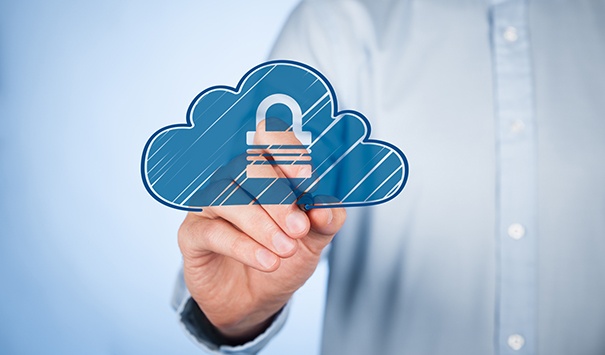 Now more than ever, small businesses are opting to take advantage of the many benefits associated with the use of cloud-based services.
Now more than ever, small businesses are opting to take advantage of the many benefits associated with the use of cloud-based services.
Migrating to the Cloud could see your company benefit in the following areas:
- Productivity: Using a cloud-based service saves you valuable time and breaks down barriers to communication. It allows you to access data from multiple devices and complete projects from any location.
- Cost-effectiveness: Using a cloud service is cheaper than using traditional systems of data storage and processing. It saves you valuable money.
- More secure and reliable: For example, you don’t have to worry about losing important data through a crashed computer, and your data is better protected from data thieves.
Perhaps the most important of these benefits though is the added security that the cloud provides. Despite its efficiency, the cloud space is an obvious target for hackers and internet thieves looking to profit from your sensitive data. To get the most of your cloud security strategy there are certain steps you should take.
The following steps will help you keep your business safer on the cloud:
1. Back Up your Data
When using cloud services, ALWAYS back up your important data. You may do this on a physical computer, removable disk, or any other physical data-holding medium. Better still, you may decide to use multiple cloud storage services. Having your data stored in different cloud storage mediums is certainly not a bad idea. If you lose one, you recover from another. A literal case of not putting all your eggs in one basket!
2. A Strong Password or None at all
Using a strong password is a must—not just on the cloud, but for anything that requires a password. It becomes even more imperative on the cloud as you’re trying to protect sensitive information that, if misused, can result in a great loss to your business. Ensure you don’t use any of your names, business names, date of birth, or any information that can be traced back to you. Make it as random as possible. Furthermore, ensure you keep your password safe and secure. Don’t store it in any storage medium. Memorize it, storing it in your head.
Better still, opt for a passwordless security option. There is a growing trend of websites and online applications that function without requiring their users to enter a password. For those who have grown accustomed to the notion of having to remember multiple passwords for a variety of services, this may seem like a foreign concept. But more and more sites are adopting passwordless login options that allow people to verify their identity in other ways
3. Use Your Own Server
If you can afford it, why not build and run your own cloud server. That way, you have greater control and security over your information.
4. Don’t Store Extra Sensitive Data on the Cloud
You should avoid storing extra sensitive data on the cloud, except those that are absolutely necessary. For example, you may have your customers’ names, emails, and phone numbers on the cloud, but you should think carefully before storing their bank details on the cloud.
5. Encrypt Your Data
If you’re considering storing data on a cloud server for a long time, encryption will certainly be a wise choice. While we trust our cloud services providers to ensure the security of their server systems, encryption will give you and your clients added peace of mind.
Implementing the above steps will ensure to a great extent that your business is kept safe in the cloud. You need to remain extra vigilant, however, when using the cloud to run your business. You should not ignore any potential threats. If you suspect any foul play, you should at once report this to your cloud service provider.